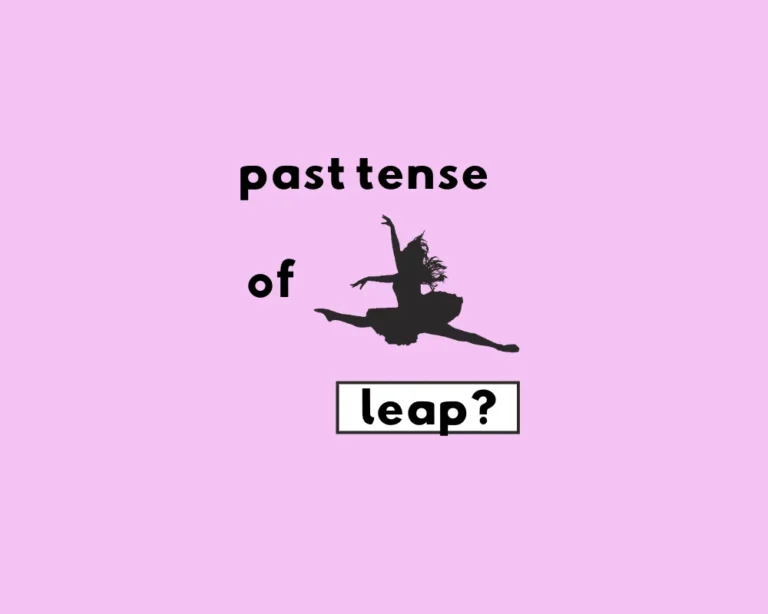
What’s the Past Tense of Leap? Leaped or Leapt?
Leaped and leapt are both correct past tense and past participles of the verb leap, (which is present tense).
Explore the breadths and depths of Grammarflex’s knowledge base, containing resources and comprehensive guides on pretty much everything you could want to know related to English grammar and writing.
Learn all about the main parts of speech, which (in case you forgot) comprises of verbs, nouns, adjectives, pronouns, adverbs, conjunctions, prepositions and interjections. Beyond the fundamentals of English grammar, you’ll find guide on writing mechanics and style, literary devices amd more.


Leaped and leapt are both correct past tense and past participles of the verb leap, (which is present tense).

To be means being as in existing. I am, you are, he is, they are, are are all forms of being in the present (to

Verb tenses are points in time. The word tense comes from the Latin tempus, “a portion of time”.
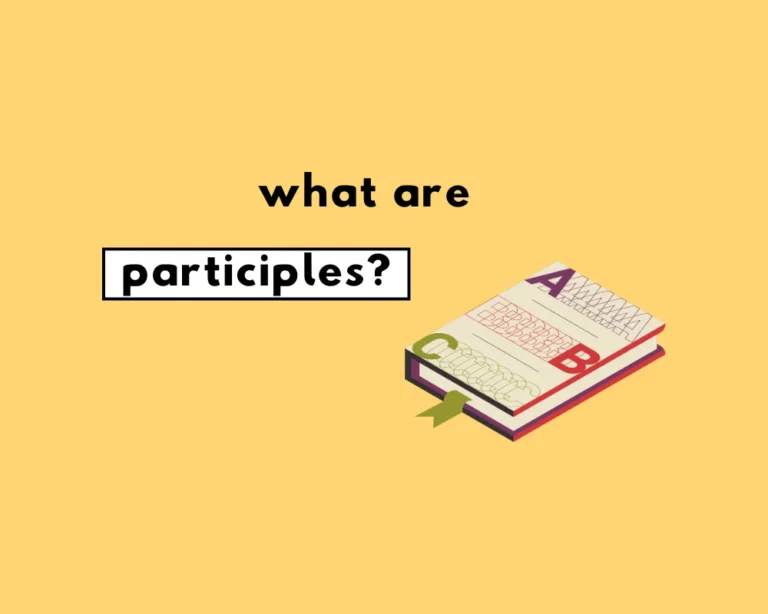
Participles are part verbs and part adjectives (by sometimes modifying nouns) in sentences.
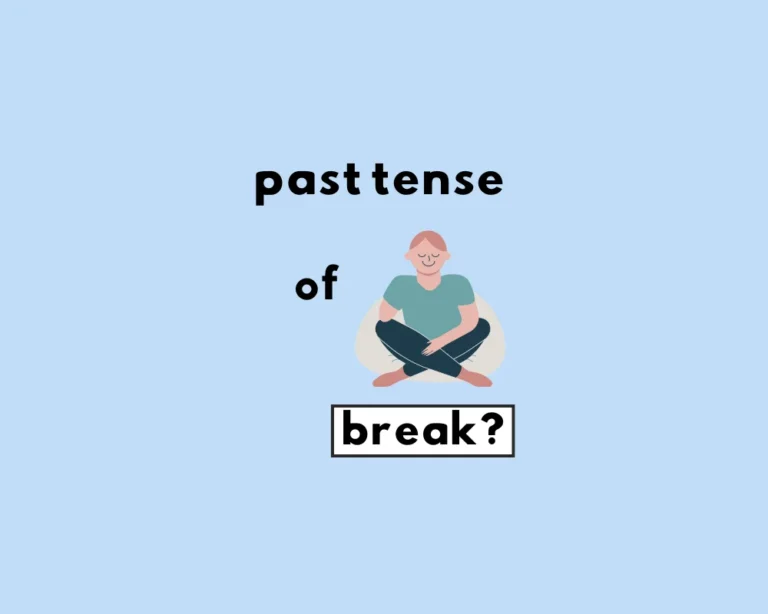
The simple past tense of ‘break’ (rhymes with wake) is broke (rhymes with woke). The past participle is broken (rhymes with woken).
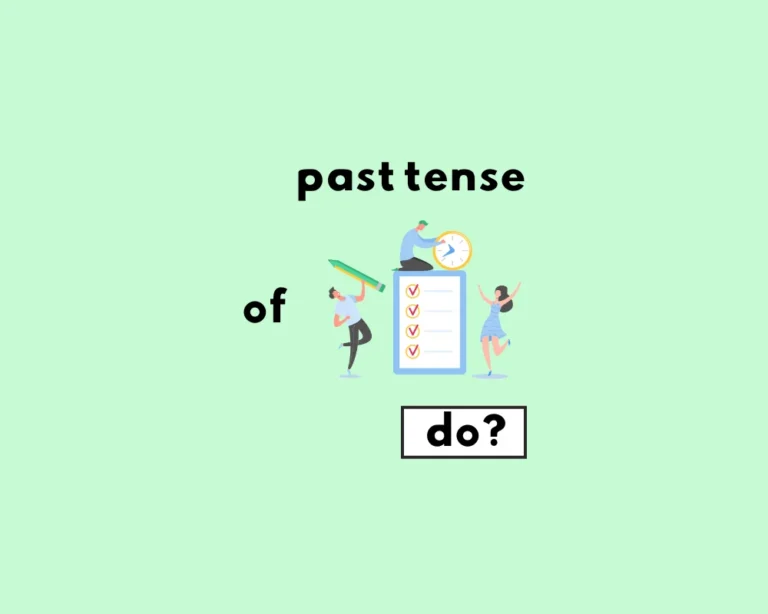
To do and does are both present tense. Did is past tense for all subjects, and done is the past participle (also for all subjects).
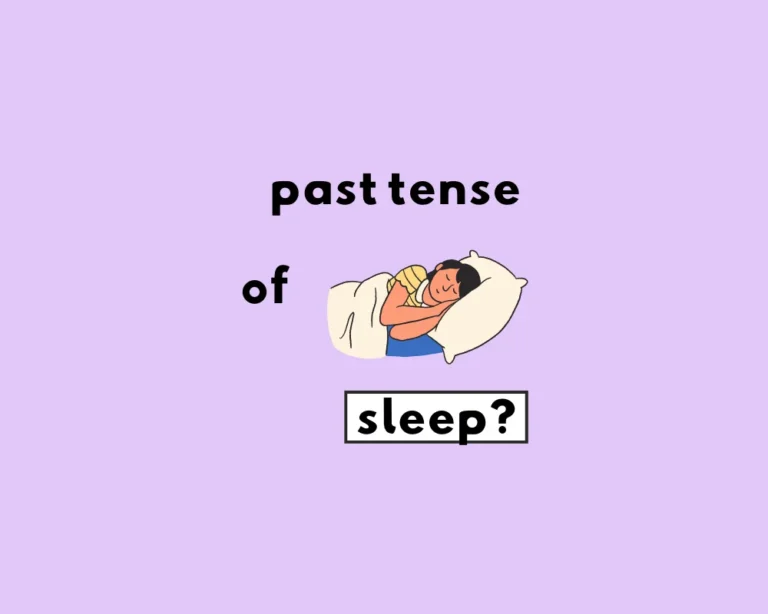
Sleep is in the present tense. Slept is both the simple past tense and past participle of the verb, to sleep.
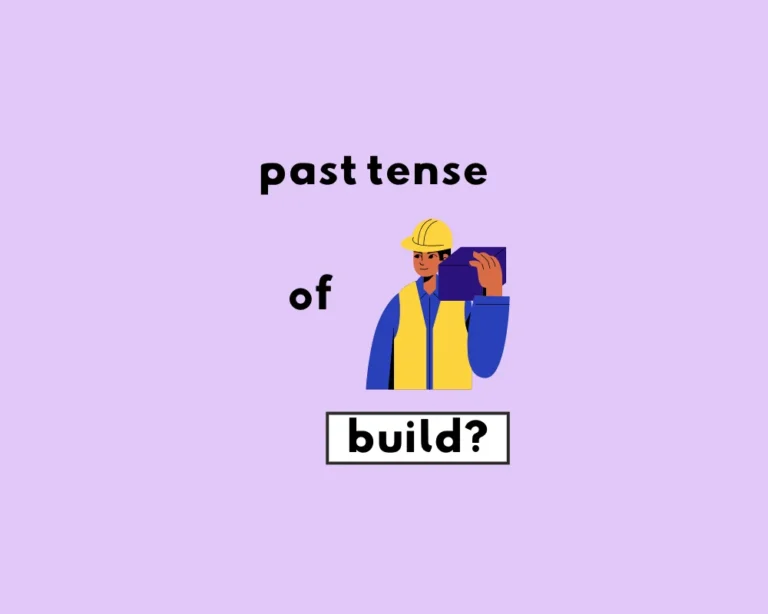
To build is in the present tense. Built is both the past tense and the past participle of build.
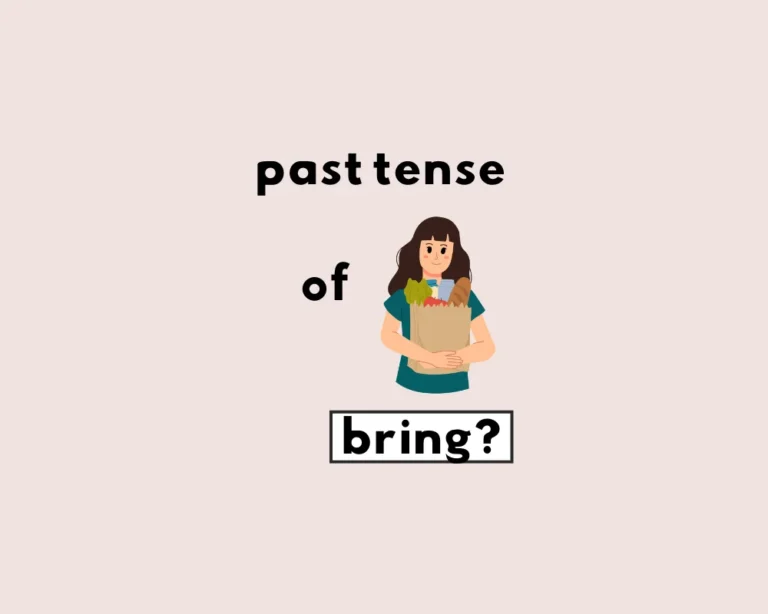
Bring is the present tense. Brought is both the past tense and past participle.